Up we go to the third floor, out into the lashing rain then clamber up temporary steps held in place by scaffolding. Only now, as we stand in the shadow of a six-metre-high Three-Pointed Star – a handy indication of the scale of what we’re surveying – does the size of Mercedes-Benz’s largest and newest retailer in Europe, made up of two connected buildings, a dedicated body and paint centre and a so-called Autohaus to showcase its wares, hit home. This one dealership stretches across 10.5 acres of Stockport and is charged with spearheading a car-retailing revolution.
Master of all he surveys is Martyn Webb, UK boss of LSH Auto’s nine Mercedes-Benz retail outlets, and the man responsible for ensuring that this £65 million venture pays off. The Hong Kong-based company owners are ambitious, operating dealerships in more than 120 cities globally, employing more than 24,000 people and selling more than 170,000 cars a year, and their grip on this project – feng shui-inspired water features and all – is evident. But it is Webb, 46, and his team who must ensure it delivers.
“I’m not lying awake at night worrying, because we’ve done our homework, and we have a team of brilliant people in place to hit the targets we’ve set, but there’s no doubting the ambition,” says Webb, hard hat in place and high-vis vest on over his suit.
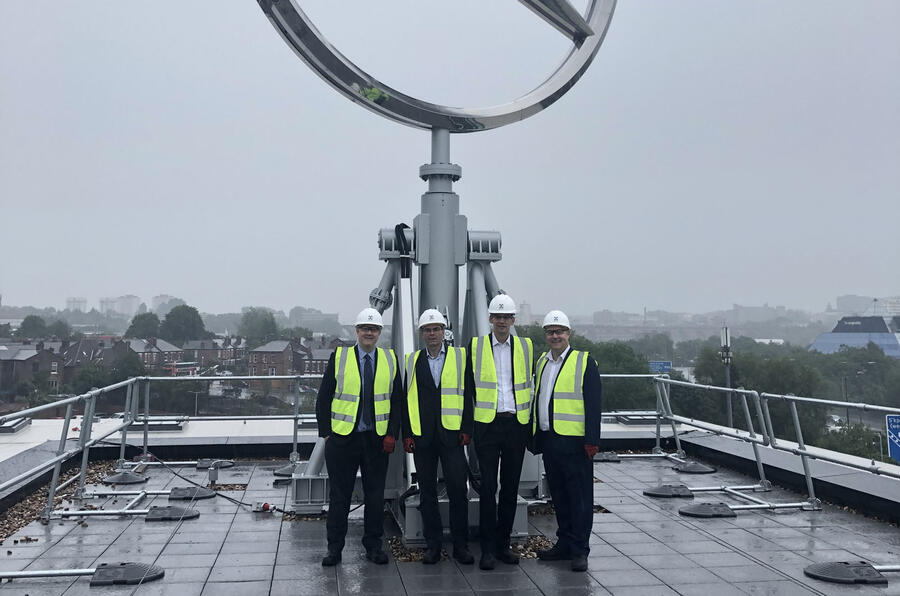
“The truth is I’d rather be on the front foot, investing in change, than doing nothing,” he continues. “Before we started this project we spent a lot of time looking at the landscape of the automotive retail industry: the biggest realisations were that it is inefficient and that everyone is doing the same thing, replicating the inefficiencies. This is our answer to that: one site where we can cater for an end-to-end customer journey and everything between purchases, too.”
Whether you own a Mercedes-Benz or a Smart, or want to buy a new or used one, the idea is that here lies the answer to whatever you might wish for. Hence the 70 new cars to look around, 100 used cars to consider, 30 service bays (six set up for one-hour servicing and open from 6.30am), massive car parking facilities and more. The difference here, says Webb, is that the scale allows them to drive down operating costs and put more focus on serving customers – even if they don’t (yet) own, or even want to buy, a car.
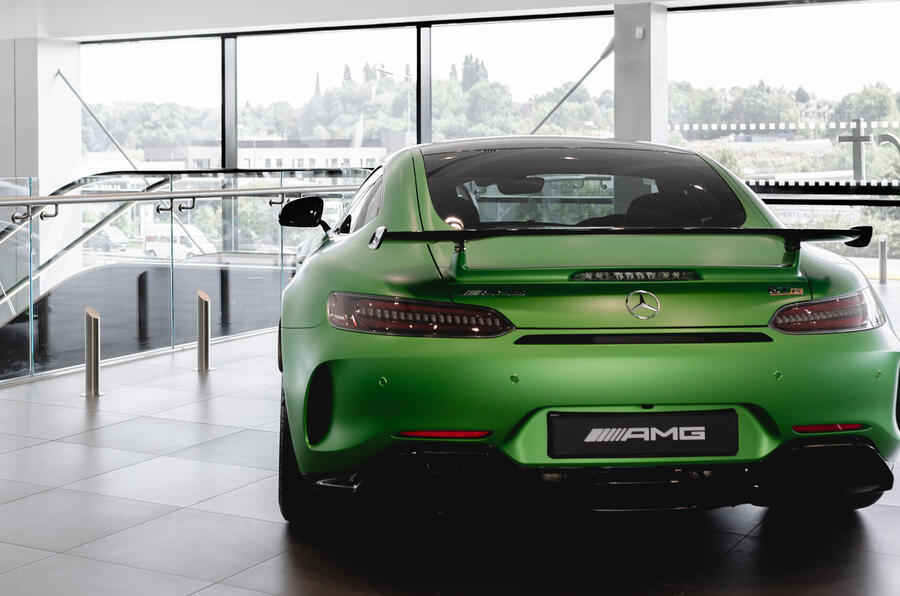

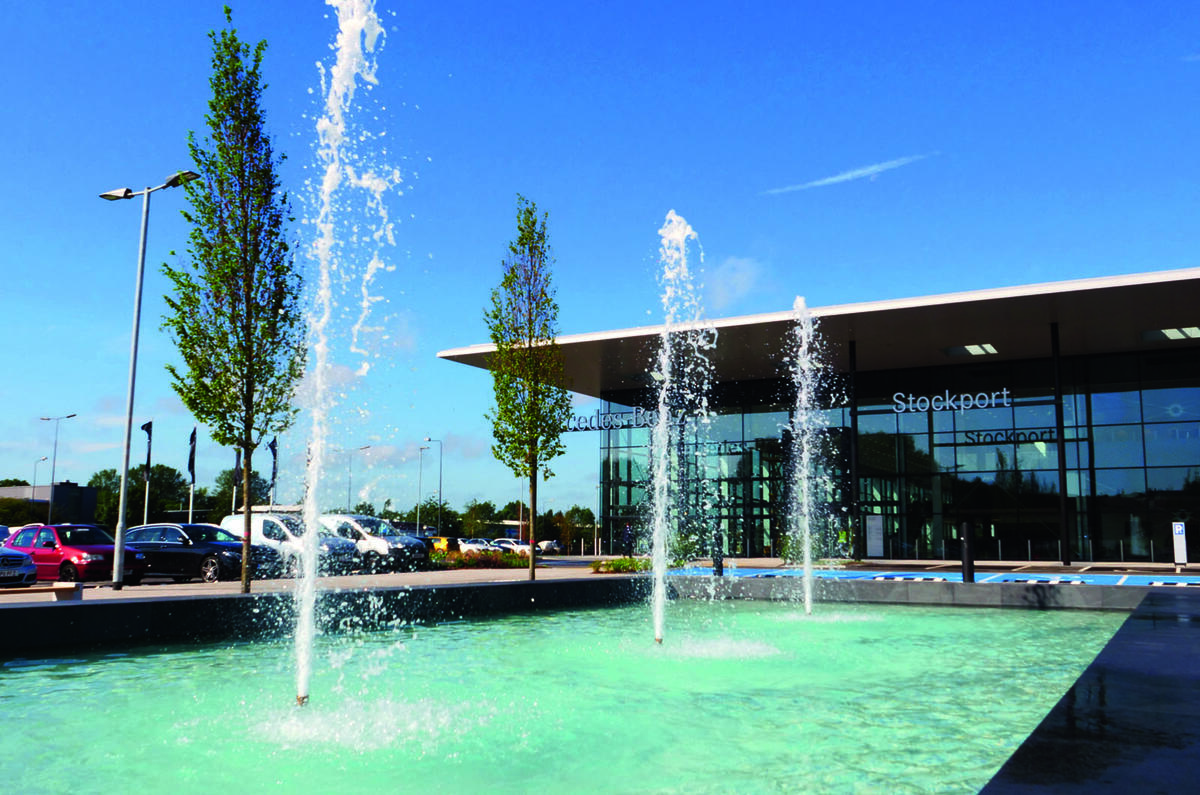
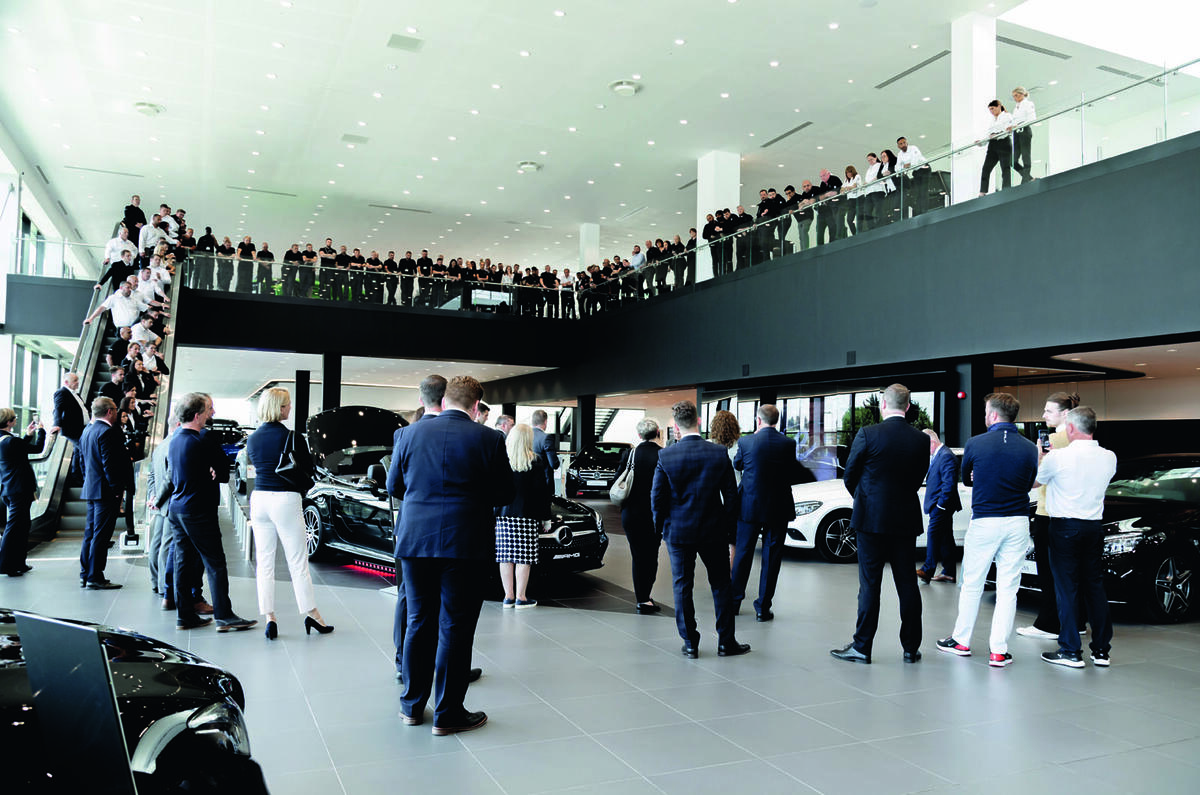
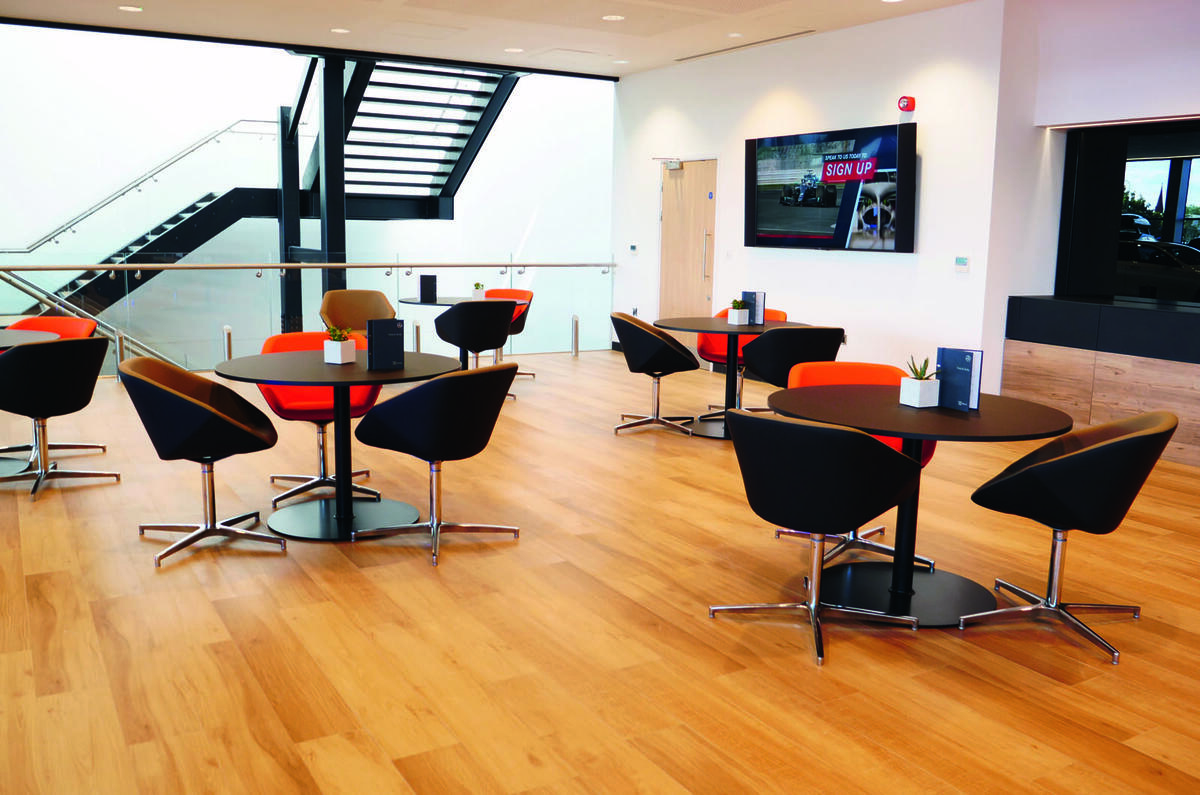
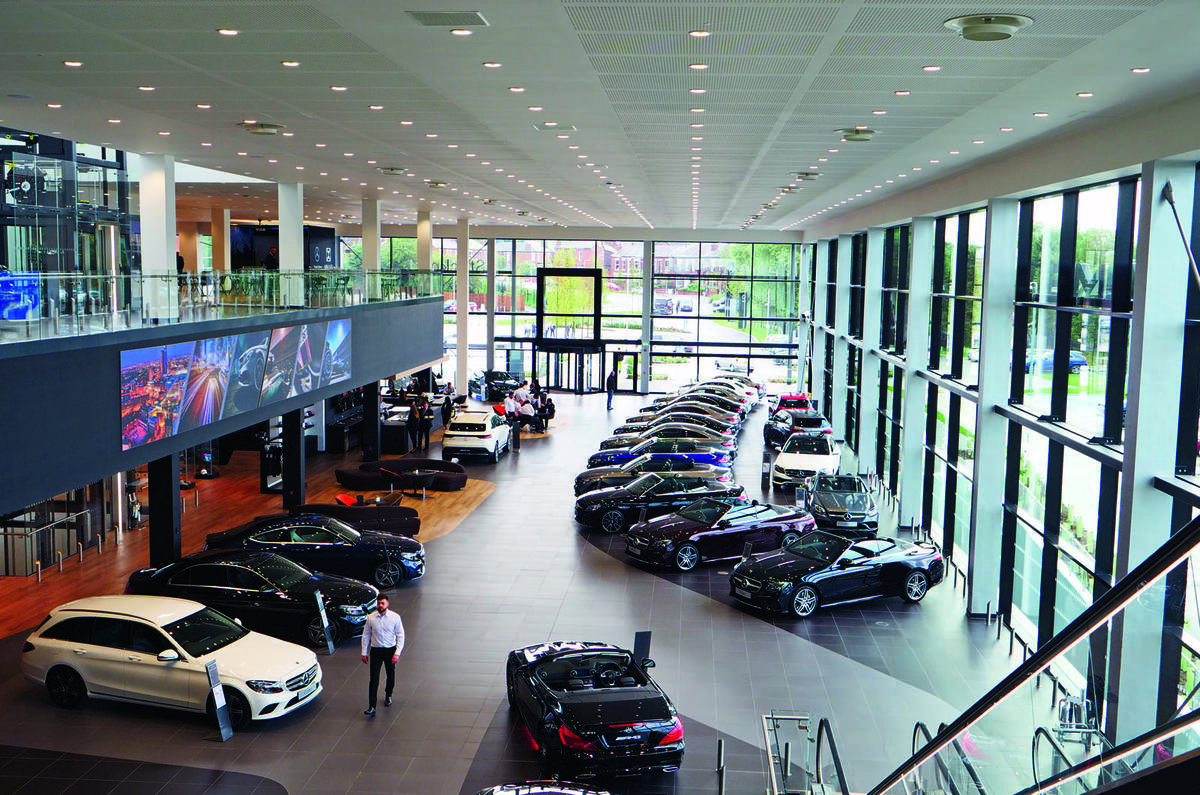
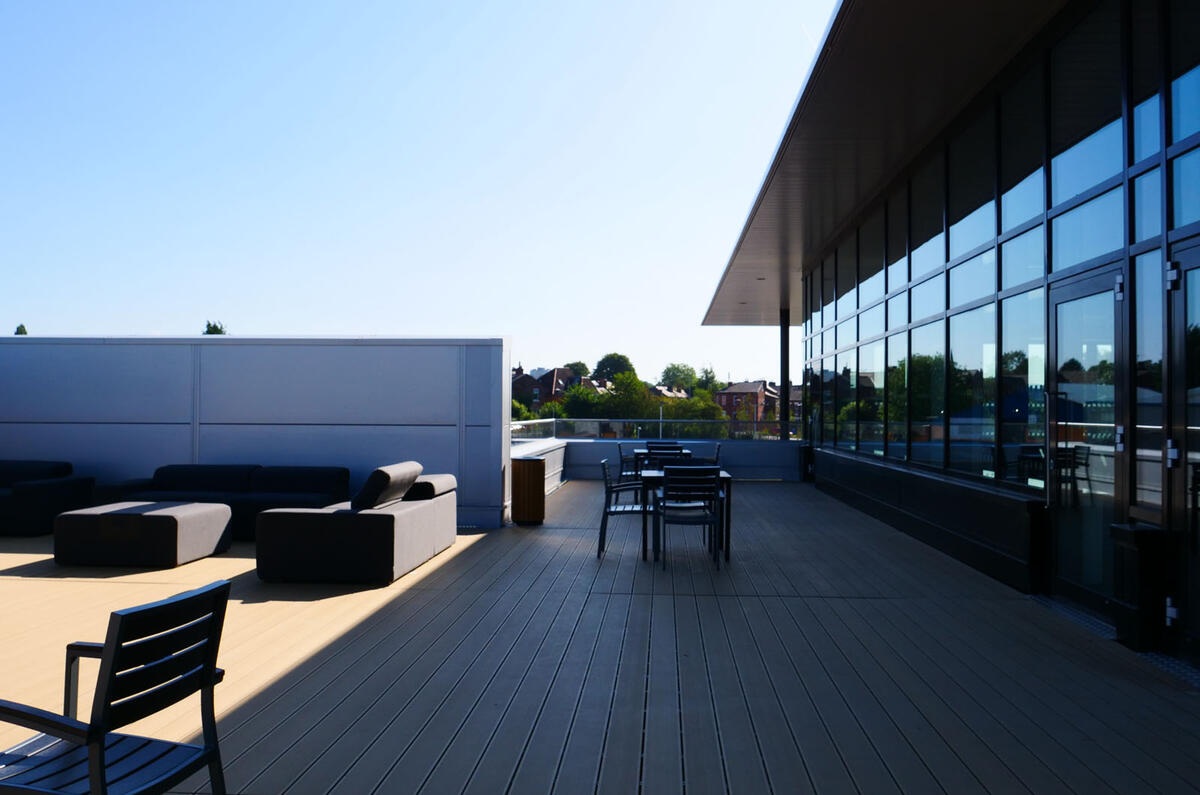
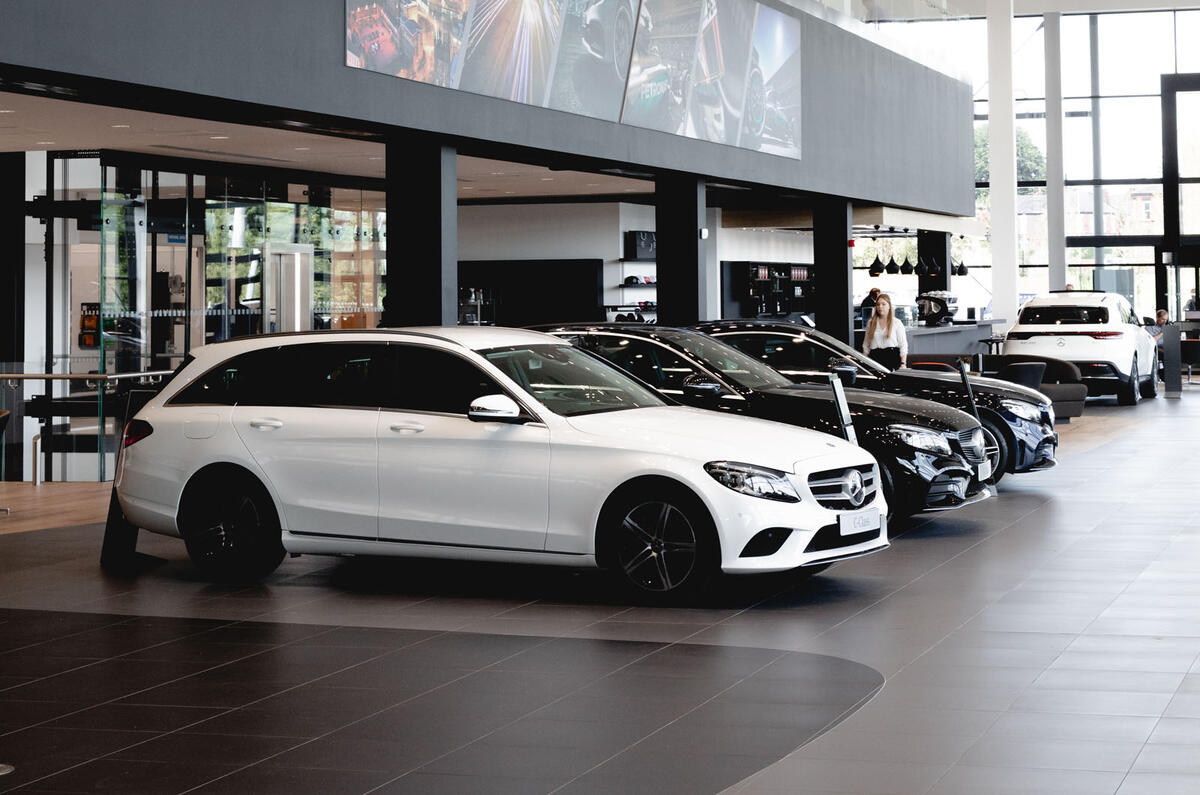
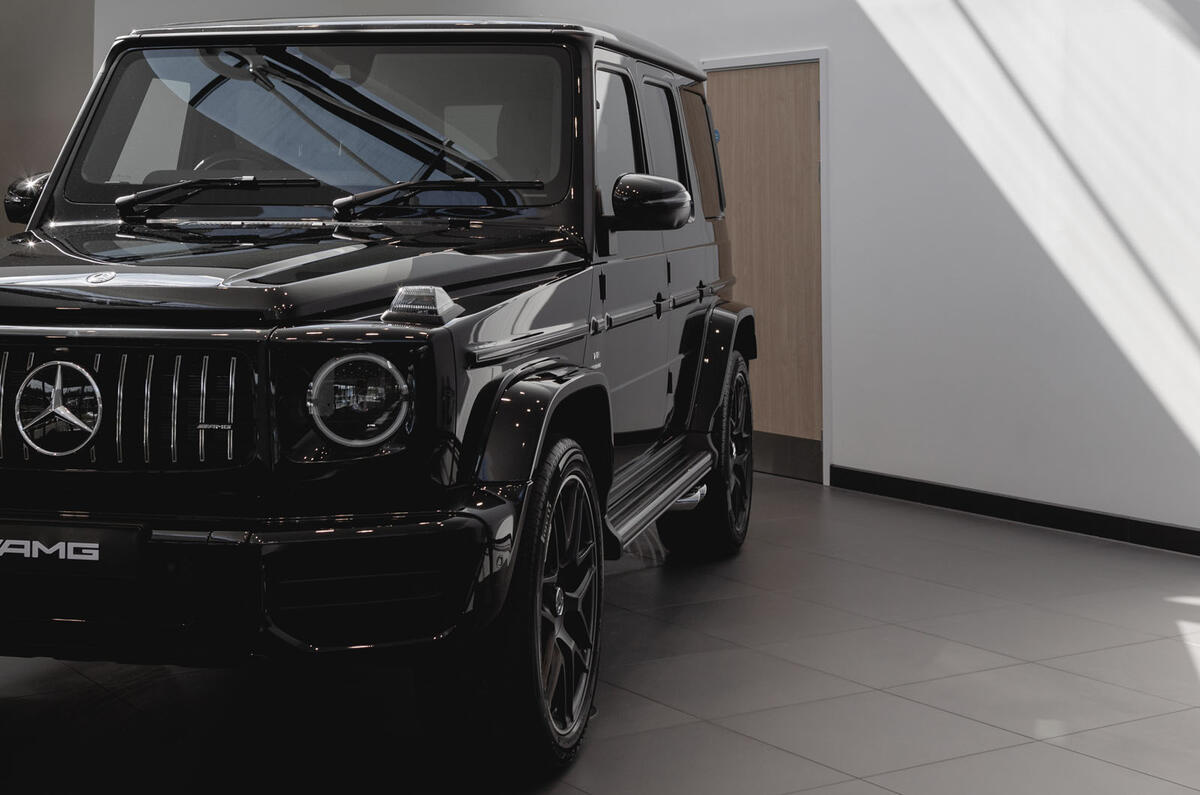
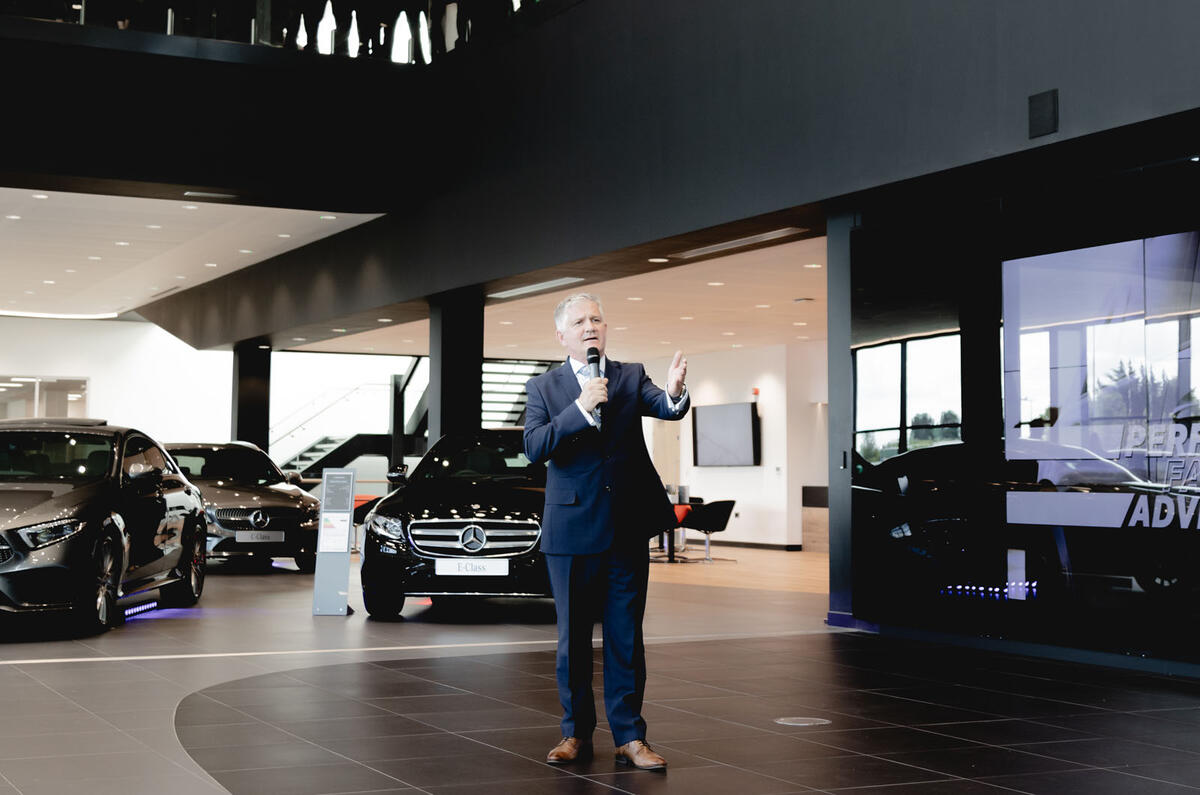
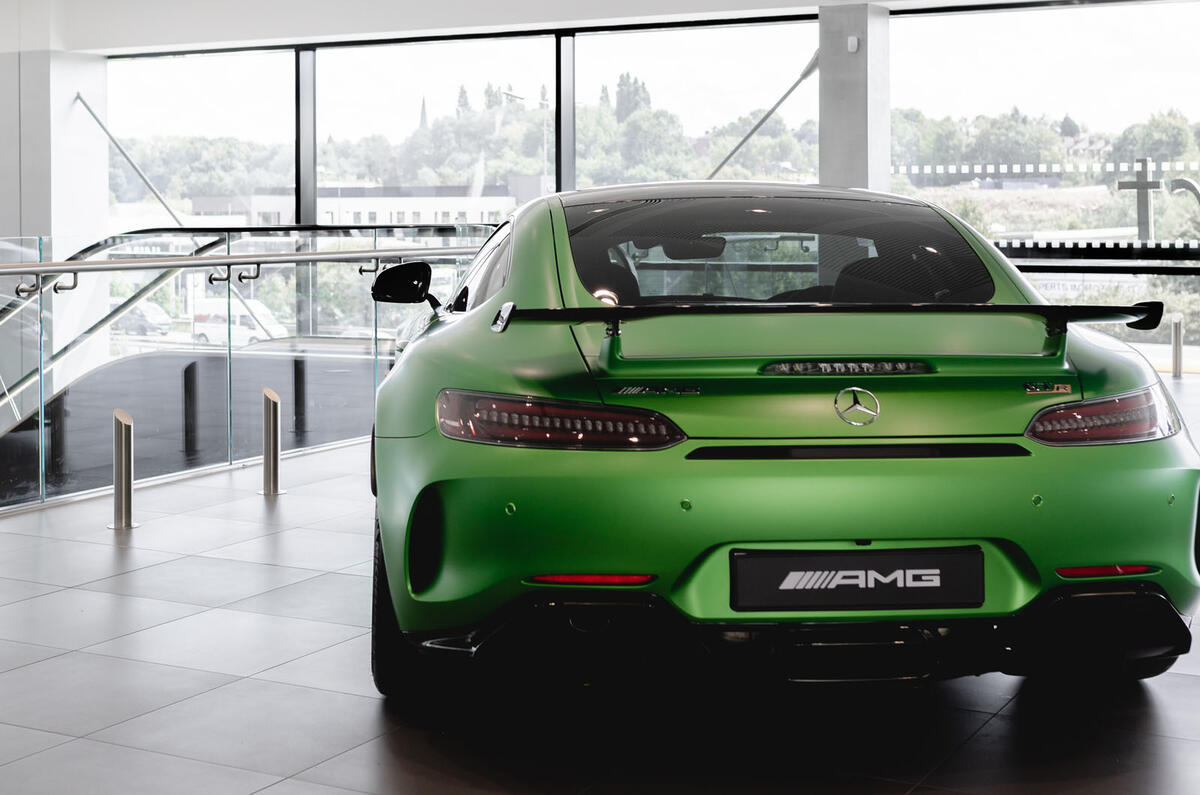
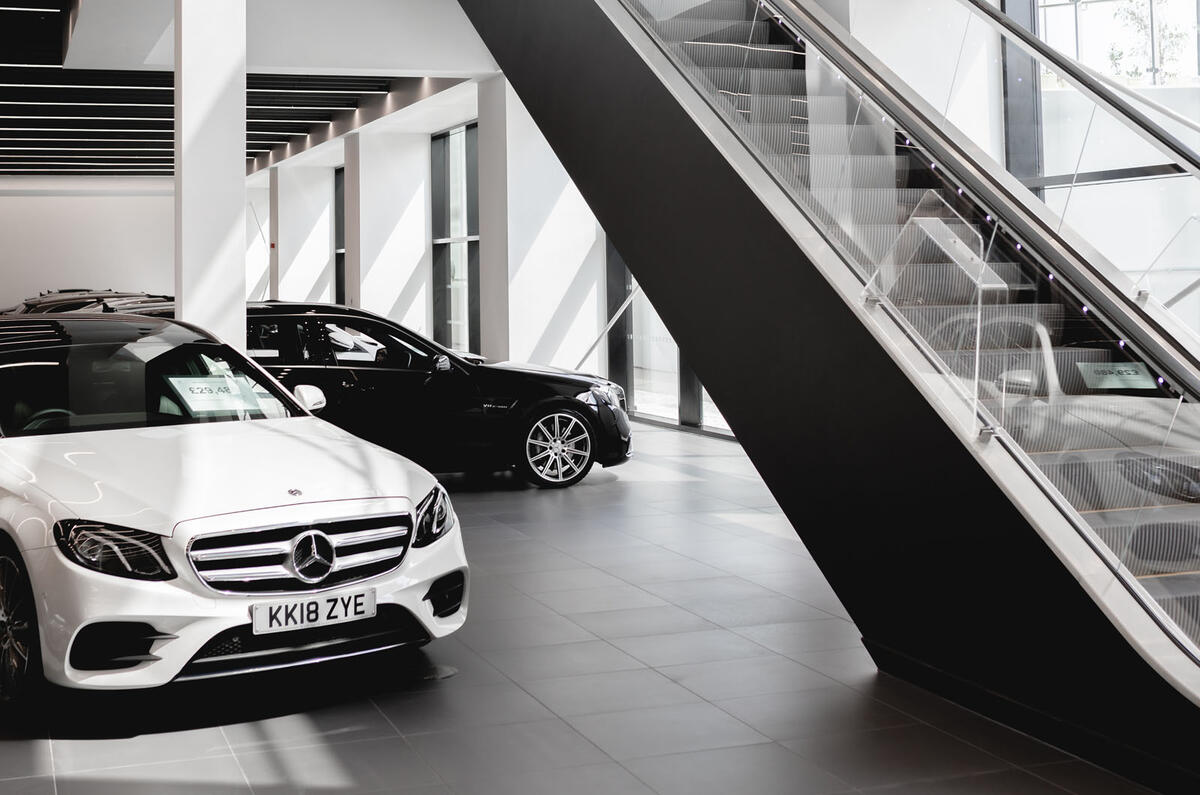
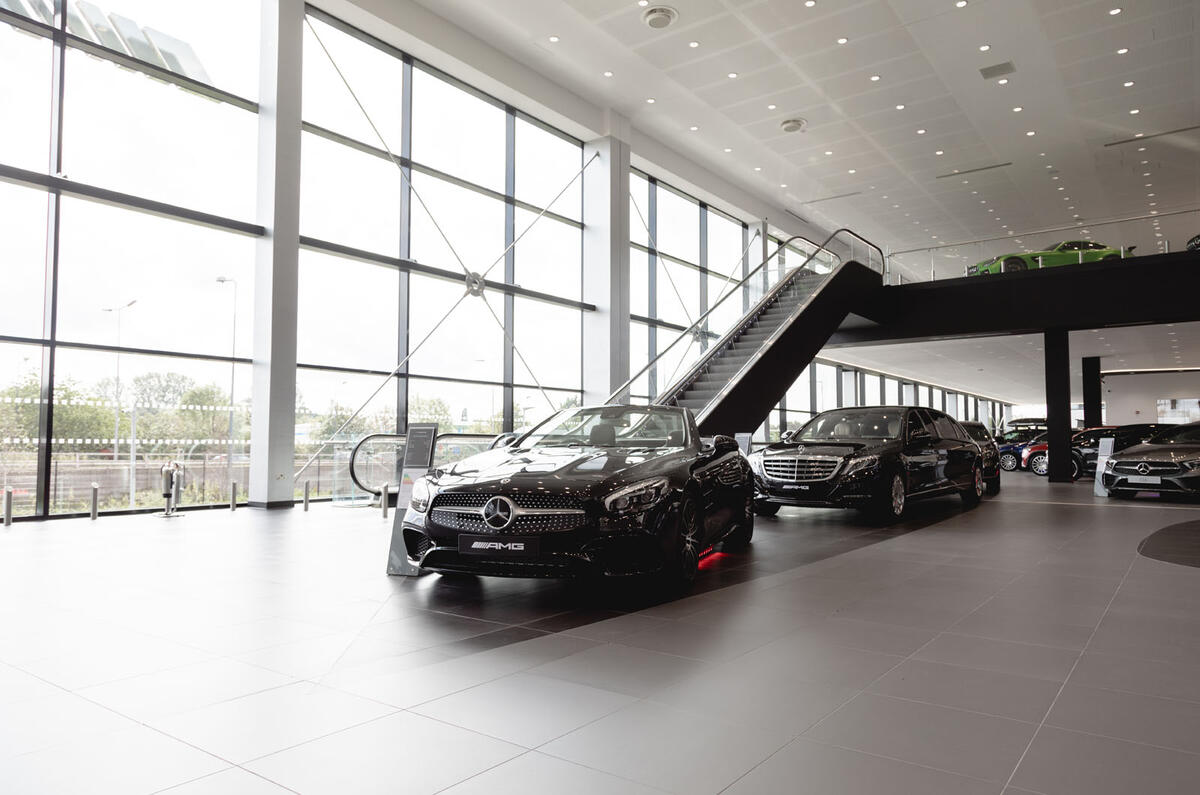
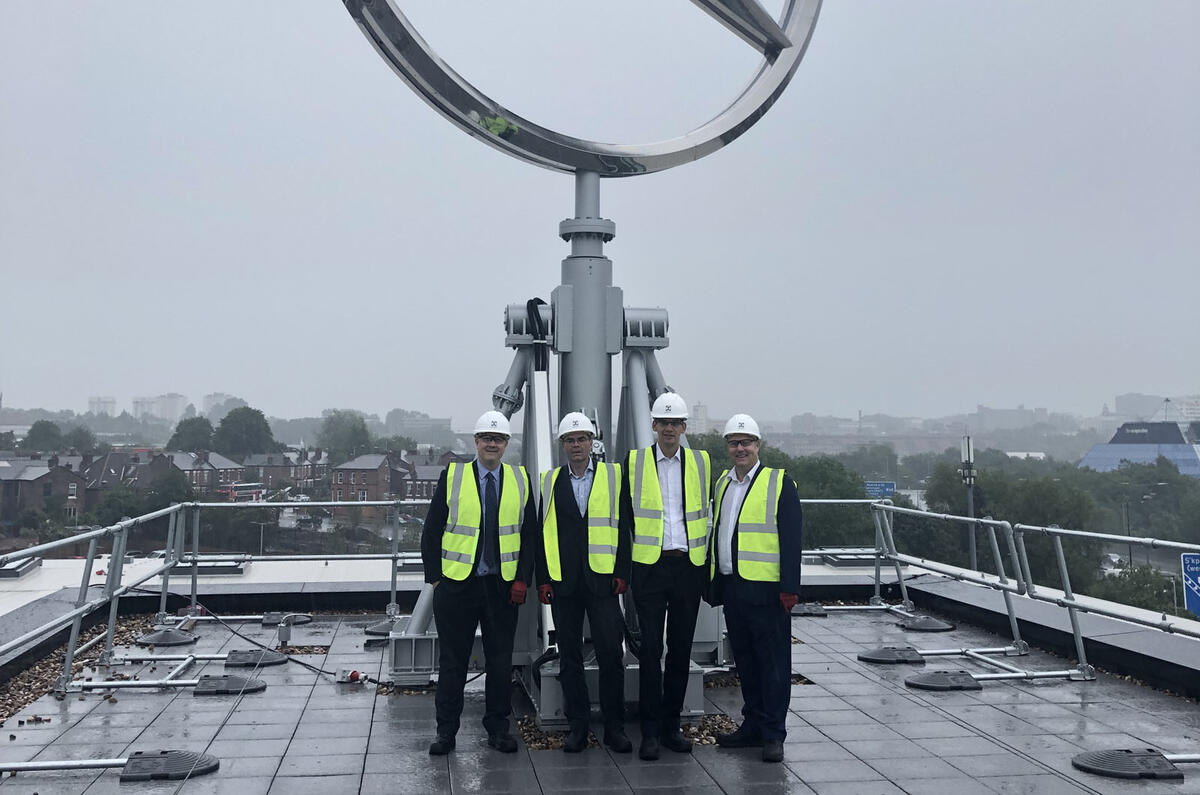

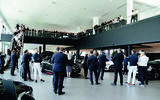
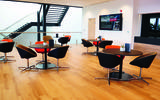
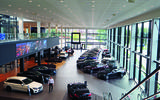
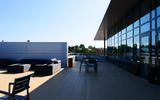
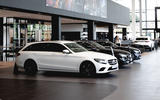
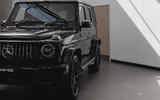
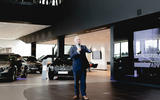

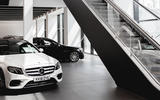
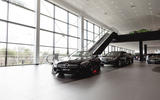
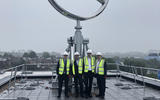

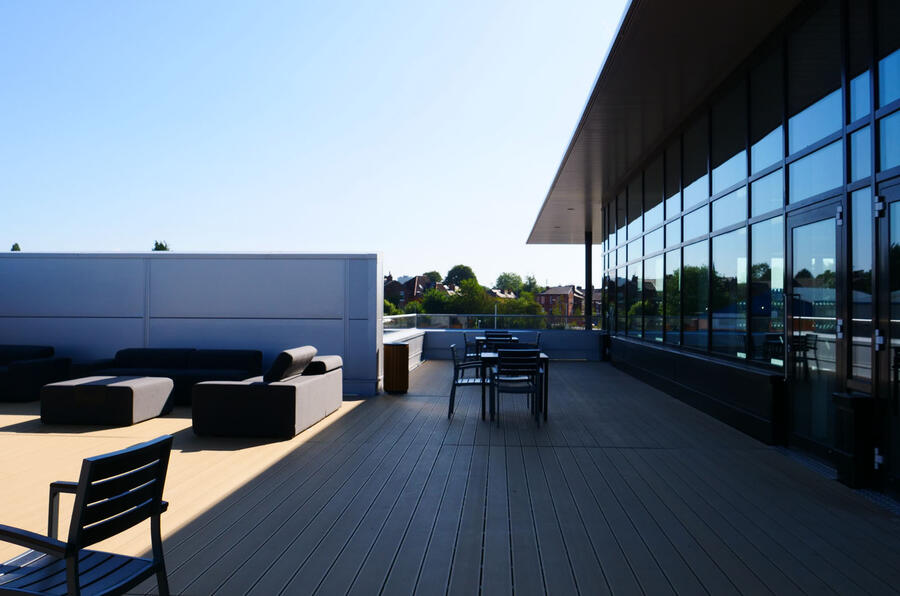
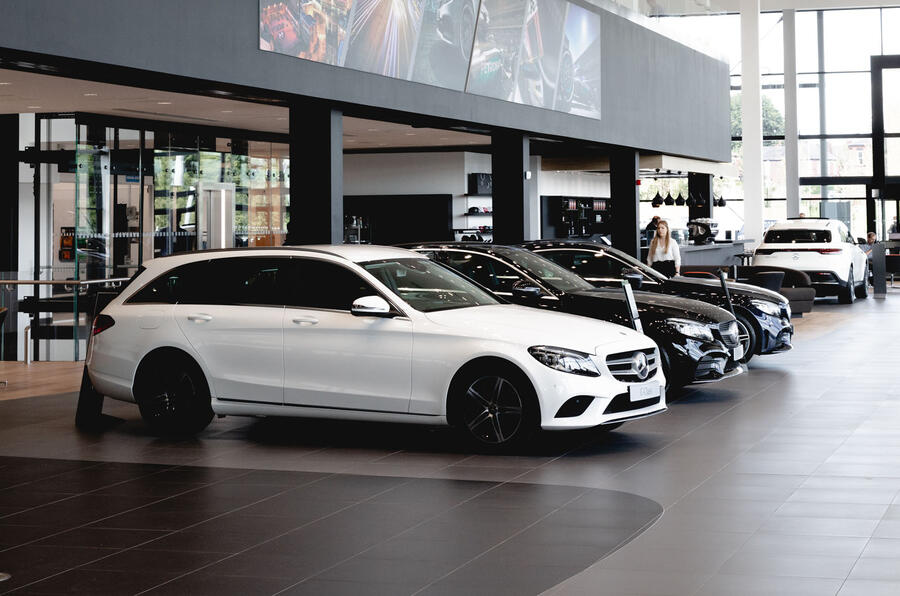
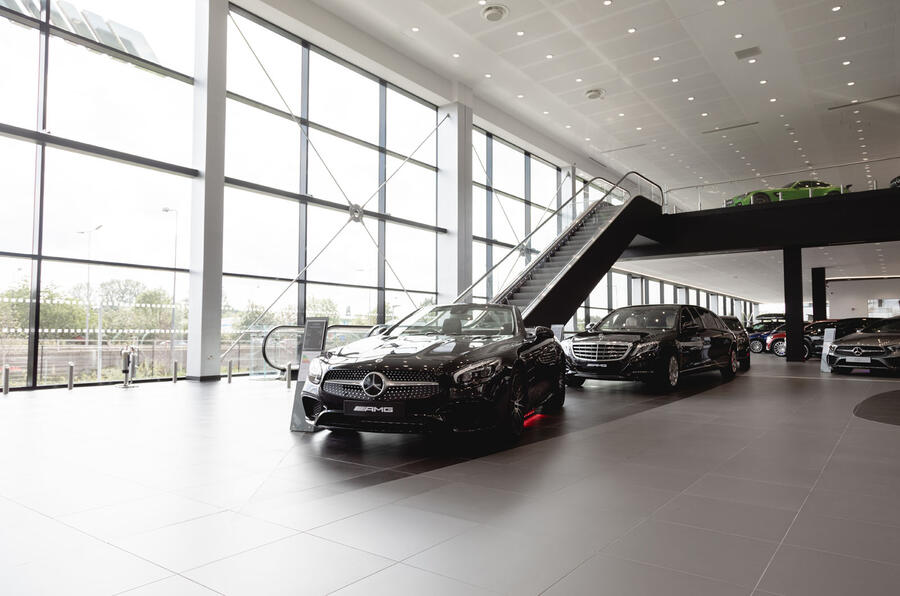

Join the debate
Add your comment
Doesnt matter how big or
Doesnt matter how big or sumptious the showroom is, if their sales staff maintain the snobbish 'you cannot afford our cars' attitude and looking down their nose at you, they will not sell as many cars as they could.
A car company that appears to
A car company that appears to be making too much money. Hmm. Spunking it on showrooms.
Bigger than MB Brooklands?
Bigger than MB Brooklands? Really?
The problem with these glass palaces is who pays for them? The punter in one way or another. I used to use MB Brooklands but don't any more...
Jeremy wrote:
Wow, amazing insight...you should be employed by a premium brand...why do you not "use" MB B anymore...is that because they took their loaner back and returned your 1st Gen smart car to you?.